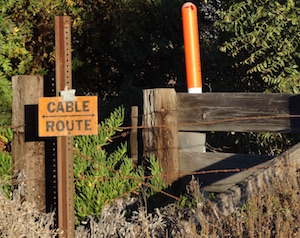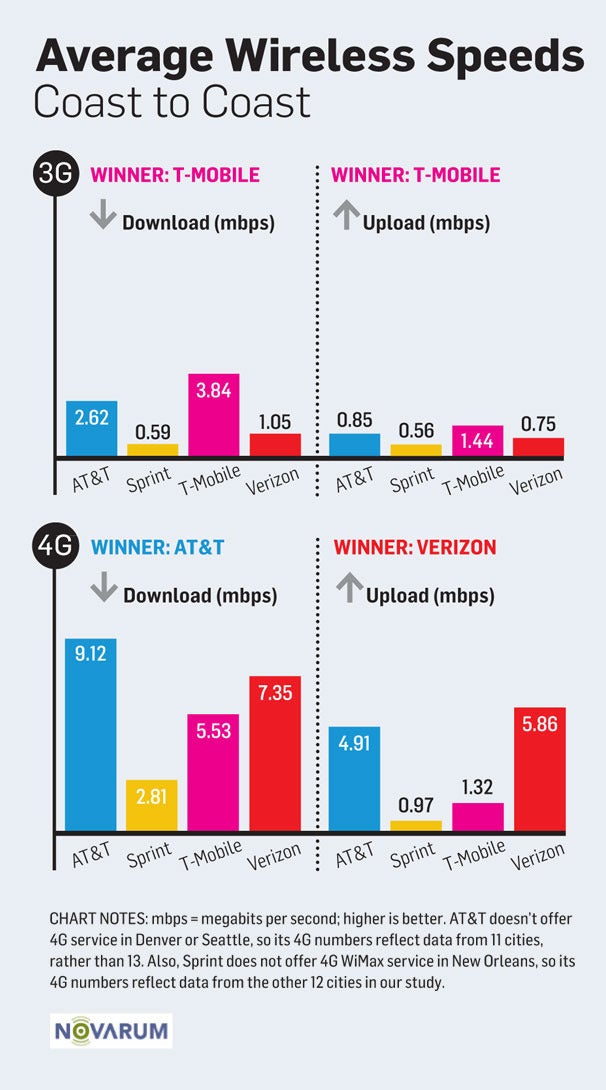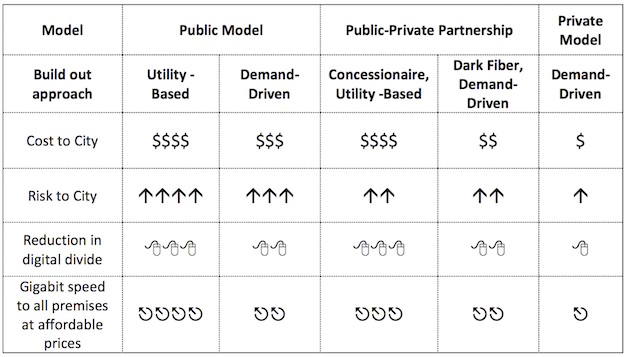California says adios to Verizon, bienvenido to Frontier

Work in progress.
As of Friday, two million Californians have a new telephone company. Frontier Communications wrapped up the paperwork and took title to Verizon’s wireline telephone systems in California, Florida and Texas…
… MoreThe acquired businesses include approximately 3.3 million voice connections, 2.1 million broadband connections, and 1.2 million FiOS video subscribers, as well as the related incumbent local exchange carrier businesses. New customers will begin receiving monthly bills starting in mid-April.
“This is a transformative acquisition for Frontier that delivers first-rate assets and important new opportunities given our dramatically expanded scale,” said Daniel J.



![By Jaywontdart (Own work) [CC BY-SA 3.0 (https://creativecommons.org/licenses/by-sa/3.0)], via Wikimedia Commons](https://www.tellusventure.com/images/2016/3/thank_you.jpg)
![By DIAC images (Shave (5) Uploaded by russavia) [CC BY 2.0 (https://creativecommons.org/licenses/by/2.0)], via Wikimedia Commons](https://www.tellusventure.com/images/2016/3/shave_haircut.jpg)
![By Daniel Barcelona (Own work) [CC BY 3.0 (https://creativecommons.org/licenses/by/3.0)], via Wikimedia Commons](https://www.tellusventure.com/images/2016/3/twc_arena.jpg)



